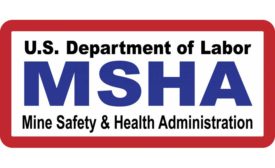Today's Safety News
“Amtrak’s safety culture is failing”
Harsh criticism from NTSB after fatal train derailment
November 15, 2017
A FairWarning story
California throttles down pollution from small engines
November 14, 2017
Become a Leader in Safety Culture
Build your knowledge with ISHN, covering key safety, health and industrial hygiene news, products, and trends.
JOIN TODAYCopyright ©2025. All Rights Reserved BNP Media.
Design, CMS, Hosting & Web Development :: ePublishing







